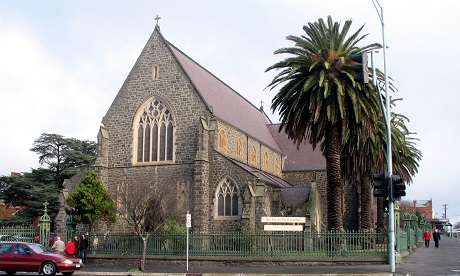Catholic Professional Standards Limited’s first child safety audit has given the Ballarat Catholic diocese a tick of approval.
The auditors found the diocese met 73 per cent of new safeguarding recommendations and is working on the remaining 27 per cent.
The audit focused on the diocese’s approaches to child safety and structures for complaint response and management.
It involved auditors visiting a sample of parishes, reviewing the structures they have in place and interviewing staff and volunteers.
Among those audited were the diocese office, Catholic Education Office, and Centacare.
The audit found the diocese has:
- Clear, structured procedures for complaints handling and reporting requirements
- A pastoral approach in the handling active complaints
- Formal risk management practices to address potential incidents or concerns.
The audit concluded the diocese has fully implemented or substantially progressed in the implementation of 75 of the 103 relevant indicators.
Of those 75, 44 were marked ‘managed and measurable’. Another 26 are in the initial stages.
Two more – one relating to cultural safety training and the other to monitoring internet use by personnel are yet to be addressed.
The diocese welcomed the audit report.
“The audit confirmed that the diocese is already addressing most of the points set out in the standards,” it said in a statement.
“At the same time, the auditors have identified areas for improvement, including more diocesan support to promote consistent safeguarding practices across all parishes, the provision of information to children about safeguarding, and the training of volunteers in safeguarding procedures.
“The diocese has accepted all of the audit recommendations and will work to implement them.”
A spokesperson for Catholic Professional Standards Limited says constant vigilance is needed to protect children. The audit process is part of that.
“The standards are really all about putting things in place, but you don’t just set and forget,” she said.
“Child protection, and vulnerable adults, protecting anyone vulnerable in the community in an organisational context, this requires constant vigilance and constant checking to see if the systems you’ve put in place are working.”
Source
Additional reading
News category: World.




